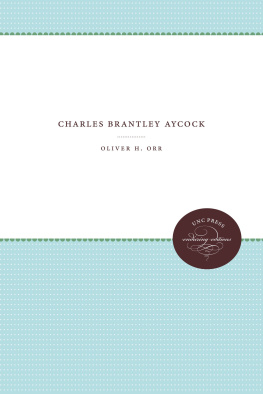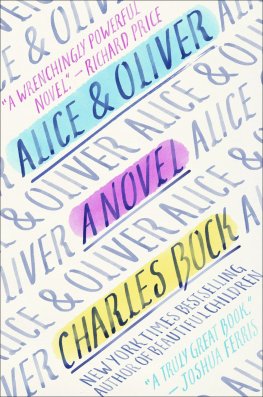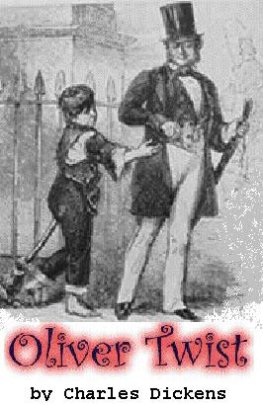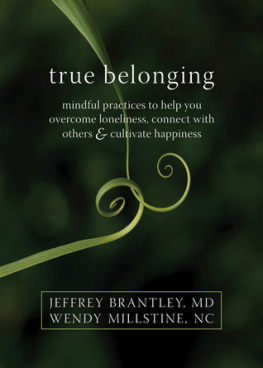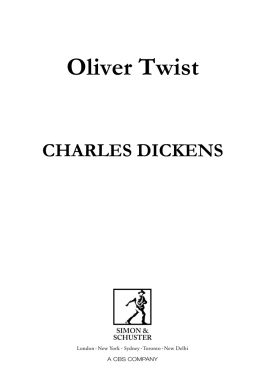PREFACE
Writing a biography of Charles Brantley Aycock is an extremely difficult task. No significant collection of Aycock materials exists. His own letters and writings are relatively few in number. Scattered fragments of information must be gleaned from masses of newspapers, political literature, public documents, private manuscripts, and public archives, and from oral statements and published writings of people who knew him. Much of the information offered by Aycocks contemporaries has been elicited by public ceremonies in his honor and has largely revealed only those qualities and deeds which were appropriate for discussion in the ceremonies. Furthermore, most of the reminiscences picture the attributes of Aycock in the last years of his life, when he was of gentler mien than in the years of his strongest leadership. When finally collected, the sources on Aycock are exasperatingly unbalanced and incomplete, and many questions must remain unanswered.
Despite the difficulties involved in writing a biography of Aycock, however, the effort is worthwhile. His life merits serious study. A man of eloquence, courage, integrity, and extraordinary personal magnetism, he has played a unique role in North Carolina history. He was a central figure in controversies that significantly affected the states growth and development. Furthermore, his influence did not cease with his death. He has been memorialized more extensively than any other historical figure of North Carolina. In a vital sense, his life has become a legend, serving as a source of strength and courage, guidance and inspiration. Ultimately, his total contribution must be measured in part by his accomplishments and in part by the continuing influence of his personality through perpetuation of the legend. In the final analysis, the question as to which is the greater part of his contribution, the work of the man or the power of the legend, will perhaps be impossible to answer.
In the thirteen years of intermittent labor which I have devoted to writing this biography, many people have aided me generously. I do not have space to acknowledge all of the help which I have received. In my search for information, the Aycock family, including relatives by marriage, have cooperated consistently; Mr. John L. Aycock of Chicago, Illinois, and Mr. and Mrs. Clarence Poe of Raleigh, North Carolina, were of special assistance. Mrs. Frances Renfrow Doak, a close family friend and secretary to the Aycock-Winston law firm, freely shared a memory of Aycock more extensive than that revealed by anyone else who knew him. Other contemporaries of Aycock who helped me have been named in the bibliography.
Among associates in the field of history who shared their findings with me were Mrs. Eleanor Bizzell Powell, Wayne County Historian; Mr. Richard W. Sawyer, Jr., Historic Sites Specialist, North Carolina State Department of Archives and History; Professor William H. Geer of the University of North Carolina; and Professor Joseph F. Steelman of East Carolina College, who also read and criticized a portion of preliminary manuscript.
Library and archival personnel have rendered me far more than routine service. Mr. Francis L. Berkeley, Jr., of the Alderman Library at the University of Virginia arranged for a search of the Alderman Papers there. The staff of the North Carolina State Library and Miss Mattie Russell of the Duke University Library showed me many kindnesses. At the North Carolina Department of Archives and History, Mrs. Mary Rogers, Mr. Frank Burton, and Dr. Christopher C. Crittenden spared neither time nor effort in rendering the materials in the archives available to me; Mr. David L. Corbitt gave me technical advice concerning illustrations; and the department provided the signature and portrait of Aycock which appear as the frontispiece, and assumed the expense of transcribing a portion of a stenographic notebook of Aycock letters. Mrs. Walter Selkinghouse and Mrs. George L. Warthen of Raleigh contributed many more hours to the laborious task of transcribing the notebook than the small monetary compensation justified. The staff of the University of North Carolina Library, to which I intermittently belonged over a long period of years, extended to me countless services and wide privileges; I am especially grateful to Miss Mary Lou Lucy, Mrs. Carolyn Wallace, Miss Mary Thornton, Mr. William S. Powell, and Mr. Oan V. Cook. Mr. Henry Belk, editor of the Goldsboro News-Argus, opened his newspaper files freely and at hours convenient to me.
Professors Albert Ray Newsome (deceased) and Fletcher M. Green served as patient advisers during the preparation of a doctoral dissertation on Aycock, exemplifying the highest standards of the historians profession. Other people who read portions of manuscript at preliminary stages of development and offered helpful comments were Mr. James P. Deavor (deceased) of Brevard, North Carolina; Professor Albert Coates of the University of North Carolina and his wife; Professor Frontis W. Johnston of Davidson College; and Mr. Daniel MacMillan of Fayetteville, architect of the Aycock Home Restoration. Mr. Max Steele of Greenville, South Carolina, read a preliminary draft carefully and taught me a sound lesson in the fundamentals of composition. Professor Louis Round Wilson of the University of North Carolina raised significant questions which guided me in shaping the final draft. Mrs. Anne Strowd of Durham, North Carolina, sacrificed her scant leisure to type the final draft.
For grants-in-aid, I am indebted to the American Philosophical Society and to the Faculty Development Fund of North Carolina State College.
My entire family, parents, brother, sister-in-law, sister, and wife, have assisted me liberally, lending me constant, though sometimesunderstandablyimpatient, moral support and aiding me financially at critical points when the costs of research exceeded my own earnings. My wife largely sustained the two of us during the final phase of my graduate program, and has consistently forgiven me, sometimes with a smile, for retreating to seclusion to write the biography. A New Yorker by birth, she still does not have an adequate answer to the question she asked me before we were married, Charles B. Aycock! Who was he? Perhaps this book will suffice as an answer.
1
ANGLO-SAXON HERITAGE
The fragmentary records of the heritage and childhood of Charles Brantley Aycock, while failing to yield a lifelike portrait, indicate many of the influences that nurtured his personality and shaped his thoughts. His immediate family, which was industrious, intelligent, economically secure, and respected in the community, offered him the advantages of affection, encouragement, and open admiration of his accomplishments. Among the Aycock children, he was the only one to attend college. His known ancestors had farmed for a living, but Aycocks father, in addition to farming, held public office, and several of Aycocks brothers engaged in business. Aycock emerged from childhood with a sentimental attachment for farm life, but he also had an appreciation of all types of economic activity and was without antipathy for any economic class. From his home, he derived loyalty to the Baptist church and fondness and respect for the Bible.


